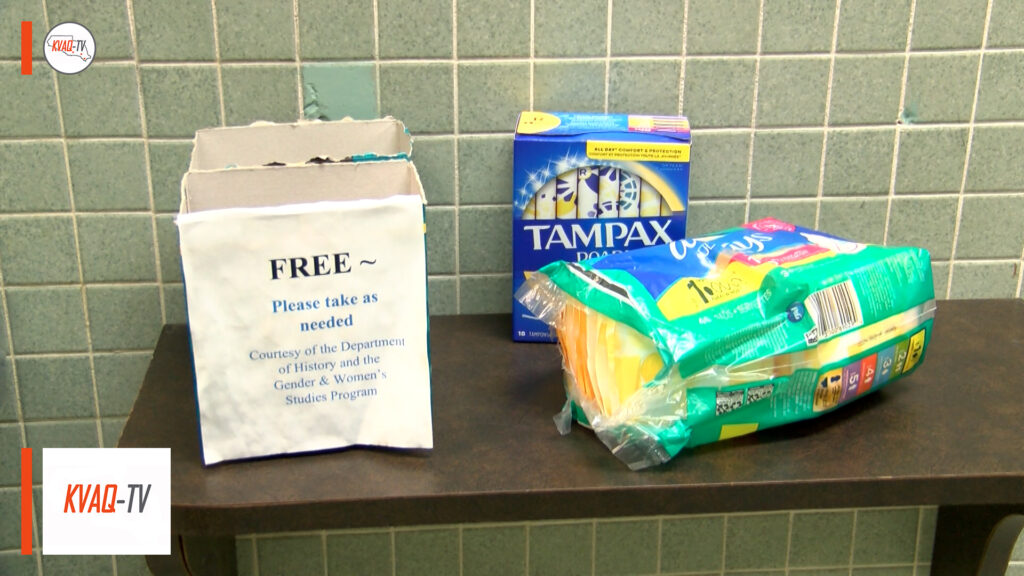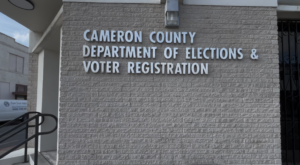
EDINBURG – The Texas Menstrual Equity Coalition reported about 400,000 people suffer from period poverty, the lack of access to feminine products, and education about the menstrual cycle.
“About 1 in 4 teenagers do miss school because they don’t have access to menstrual products, so that leads to a lack of education opportunities,” said Andrea Elizondo, co-founder of the coalition.
The coalition advocated for the passage of House Bill 321, which exempts sales taxes on menstrual products. House Bill 321 wasn’t passed.
Another consequence of the lack of access to pads and tampons is the usage of alternative menstrual products which can lead to infections in the human body.
“There’s a risk of getting something called, ‘toxic shock syndrome,’ and that risk increases when you’re using material that hasn’t been studied in the human [body],” said Elana Ramirez, a nurse practitioner at Tey Women’s Health Center.
“The menstrual cups or the menstrual disks, it’s a one-time purchase price, there are different versions of it from different companies it can be anywhere from like 25 dollars up to 40 dollars. You can use it for 12 hours at a time and it’s reusable over and over again, up to 10 years in duration,” said Ramirez.
The UTRGV Department of History has been working with Gender and Women’s Studies to lead an initiative that offers free menstrual products in restrooms throughout campus.
“I could go through a packet of 50 pads in three days, like theoretically, I could go through a box in a week that clearly is an emergency use that someone who is taking needs to take them home because of cost,” said UTRGV History Professor, Amy Hay.
The Texas Menstrual Equity Coalition is expected to re-advocate for the passage of house bill 321 next year at the Texas capitol in Austin.





